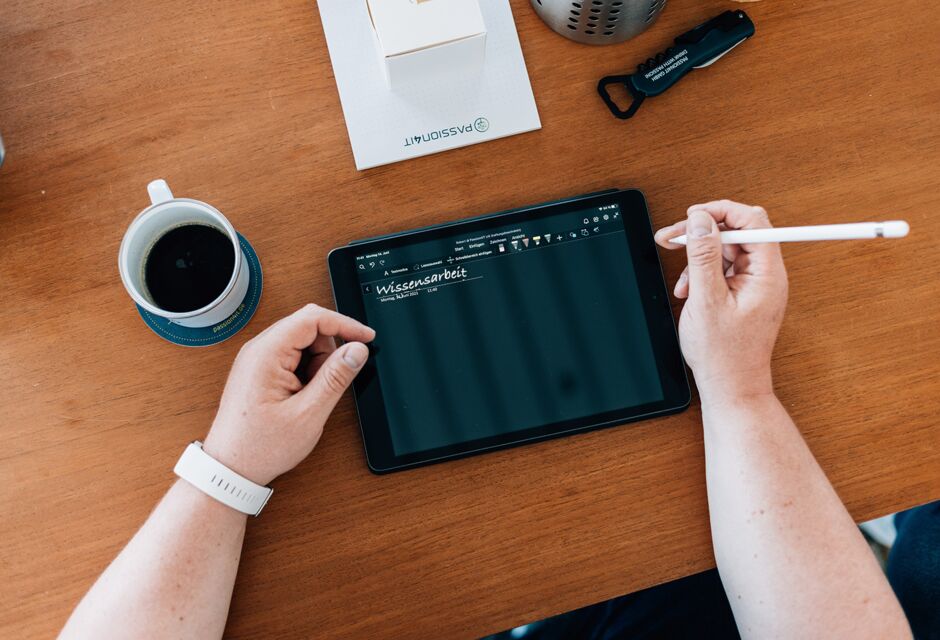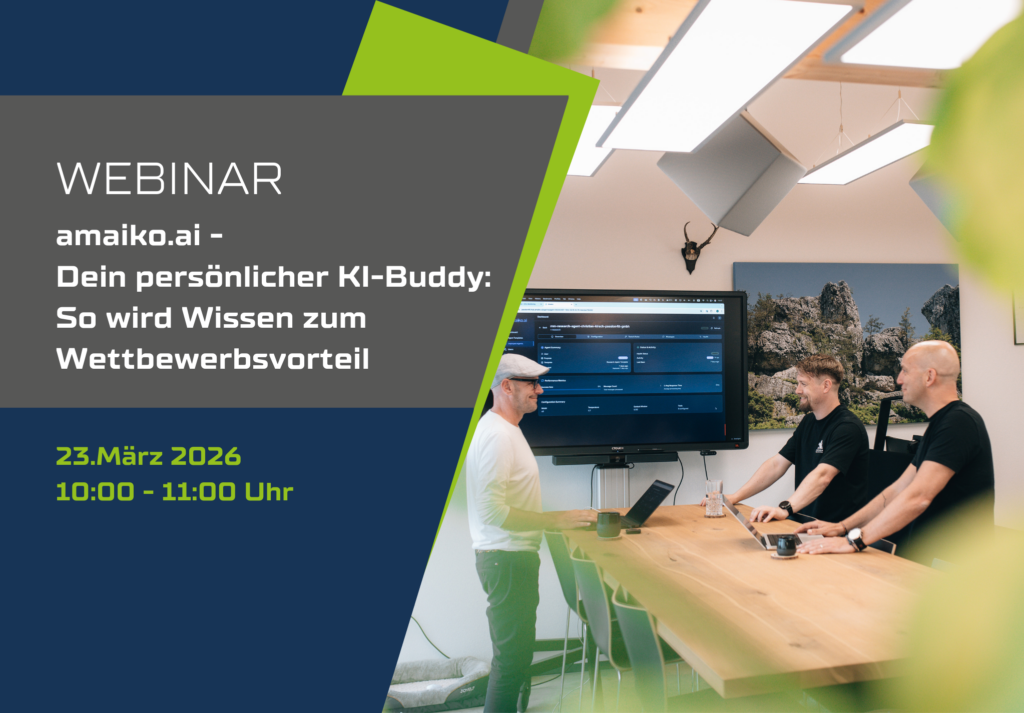Imagine your ideal working day. How would you organize it? At what time of day do you concentrate best on challenging to-dos and when do you want to enjoy your free time?
The coronavirus pandemic has accelerated working from home in many companies. As a result, knowledge work is taking off in new ways. Both managers and employees are leaving their offices and sitting at their desks at home with a cup of coffee while taking part in the next video conference. They are redistributing work, changing collaboration processes and pursuing knowledge work tasks with changing approaches.
One thing is certain: such developments always have advantages and disadvantages. But what if we focus on the great potential and take the opportunity to optimize both our social well-being and economic interests at this turning point?
Take a look into the future with us and find out more about the transformation of knowledge work in this article.
This means knowledge work
Knowledge work is the performance of complex or new tasks for which the relevant employees have to acquire new knowledge and generate solutions from it. Whether it is a lawyer solving a complicated case or a software developer developing a new tool - knowledge work takes up a large part of today's working world.
Other typical examples of knowledge workers are: Engineers, scientists, doctors, journalists, authors, professors, market researchers and management consultants. They link information, generate new knowledge and pass it on to other participants.
In the midst of fast-paced digitalization, knowledge workers are creating a fundamental basis for social, media and economic cohesion. Since Covid-19, knowledge work has undergone a major transformation. Location-independent working poses many new challenges for collaboration - and even for our entire social value system. But how do we use these developments as an opportunity?
Knowledge work to go - saying goodbye to the office workplace
There is a great deal of potential in the new flexibility. Knowledge work does not have to take place at fixed physical locations. It no longer needs to take place in the traditional "nine to five" format at given company locations.
Employees and managers can achieve excellent cooperation and work performance over longer distances. This is increasingly confirmed by science.
One example: according to the study by the Fraunhofer Institute for Industrial Engineering IAO: "Working during the coronavirus pandemic" (2021), the feared losses in productivity have not materialized. Despite new remote working, this remained the same for 51.2 % of respondents. For around 39 %, this has even increased somewhat to very much. Only around 10 % noticed restrictions while working from home.
Individual workplaces, physical distance and corporate success do not have to be at odds with each other. On the contrary - as soon as knowledge workers have the opportunity to pursue their professional tasks when they feel most comfortable and work most efficiently, an increase in productivity is possible. The typical 40-hour week with its old habits, in which employees laboriously and fruitlessly pursue their work, becomes obsolete.
From 9 to 5 to individual solutions
Imagine the following: A project manager gets up every day at 6 a.m. at the latest to look after his family and then takes a 1-hour commute to another city. Thanks to his new home office model, he can now avoid the usual traffic jams during the commute. He sees his children for longer in the morning and replaces part of this time with morning exercise in the fresh air. Afterwards, he treats himself to a cappuccino in the very minutes when he was still stressed out looking for a parking space.
The pleasant consequences? The knowledge worker can go about their daily tasks much more happily and productively.
The increased design of the working world according to individual needs brings with it enormous potential. An important prerequisite is a suitable working environment with all the necessary digital platforms. Even if employees are sitting at their kitchen table at home or in a café, they should have unrestricted access to all the tools they need and be able to communicate reliably with colleagues. As soon as face-to-face meetings are required, this option should still be available.
The loosening of traditional models towards individual locations and working hours often raises a legitimate question: how can work performance still be measured in the face of such fundamental changes?
At this point, a reorientation of managers is required. Instead of time clocks and attendance times, the focus should be on common goals, trusting cooperation and factors such as customer satisfaction.
New age of individualized knowledge work
Whether it's family-friendly working, more concentrated work or time savings - the move away from the traditional office to flexible feel-good locations and self-selected working hours has many advantages. Students and young employees no longer have to leave home when they start a new job at a different location. Talented people can be recruited regardless of their place of residence and deployed where they are urgently needed.
One thing is certain: we are leaving space and time behind. There is hardly any going back to the old, dusty working models in old-fashioned offices. Companies should seize the opportunities offered by new networking and knowledge sharing. They should bring a breath of fresh air into unproductive organizational structures and launch new digitalization strategies. If companies focus more on the individual needs of employees, completely new opportunities will open up. Take advantage of the new knowledge, openness and creativity of modern knowledge work.
Do you need advice on the way into our new age? Feel free to contact us.



